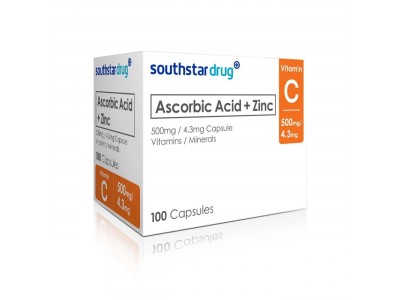Before taking vitamin C, also known as ascorbic acid, it’s essential to communicate openly with your healthcare provider to ensure your safety and well-being. While vitamin C is generally safe, there are important considerations to discuss with your healthcare professional.
Firstly, inform your healthcare provider about any existing medical conditions you may have, especially conditions that may affect the way your body absorbs or processes vitamin C. For example, individuals with a history of kidney stones or kidney problems should discuss their vitamin C intake, as excessive supplementation could potentially exacerbate these issues. Also you can buy furadantin tablet.
Additionally, let your healthcare provider know about any allergies you have, particularly if you have experienced allergic reactions to vitamins, supplements, or any specific ingredients commonly found in vitamin C products.
If you are taking any prescription medications, over-the-counter drugs, or other dietary supplements, it’s crucial to share this information with your healthcare provider. Certain medications can interact with vitamin C, potentially reducing its effectiveness or causing adverse reactions. For example, vitamin C can increase the absorption of non-heme iron from plant-based foods, which may be relevant if you are taking medications that affect iron levels.
Furthermore, if you are pregnant or breastfeeding, discuss your vitamin C intake with your healthcare provider. Adequate vitamin C is important during pregnancy and breastfeeding, but excessive supplementation can have adverse effects.
Your healthcare provider can help you determine the appropriate dosage of vitamin C based on your individual health needs. It’s important to follow their guidance to ensure that you are taking the right amount for your specific situation. By having an open and thorough discussion with your healthcare provider, you can make informed decisions about vitamin C supplementation and ensure that it aligns with your overall health and well-being.

